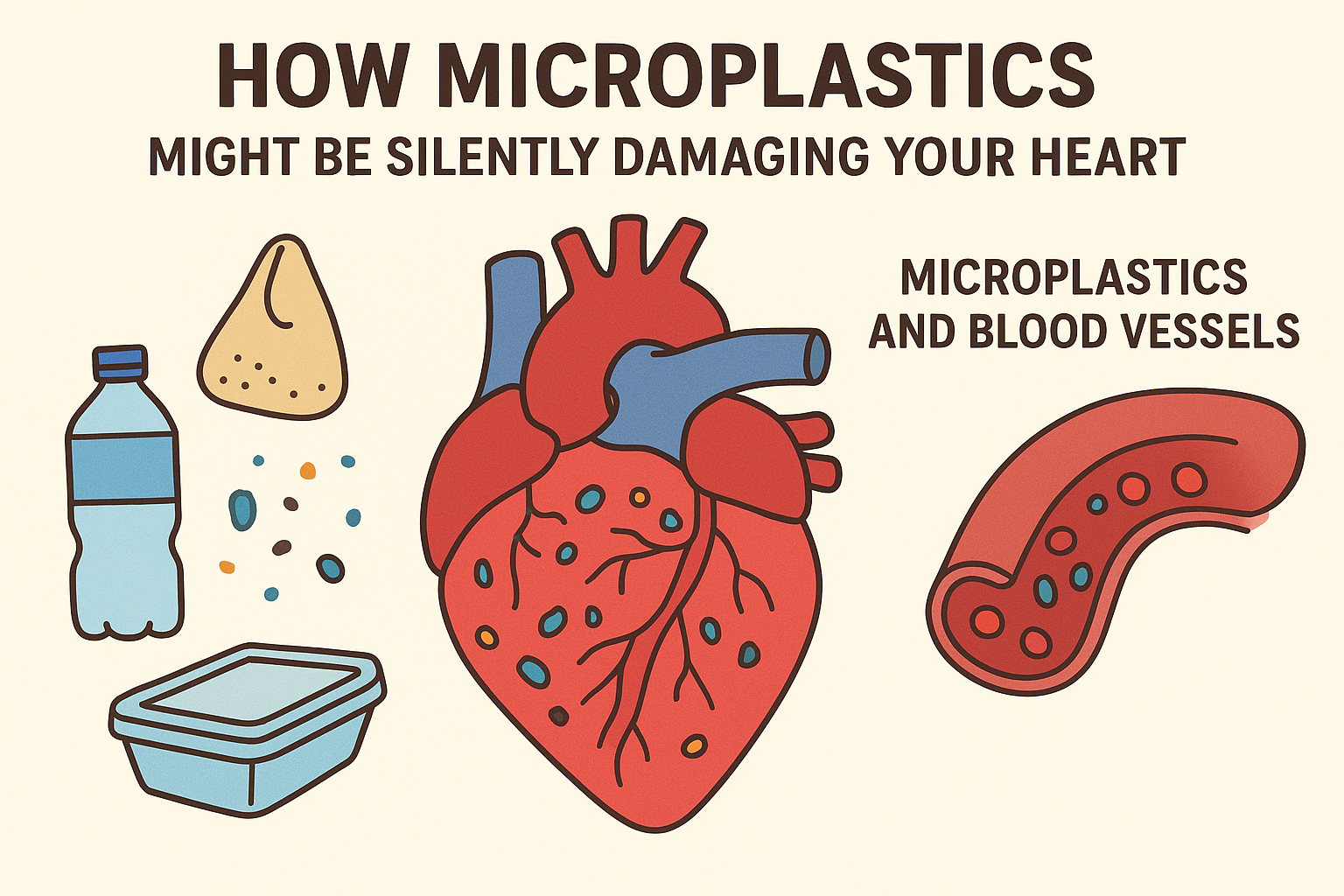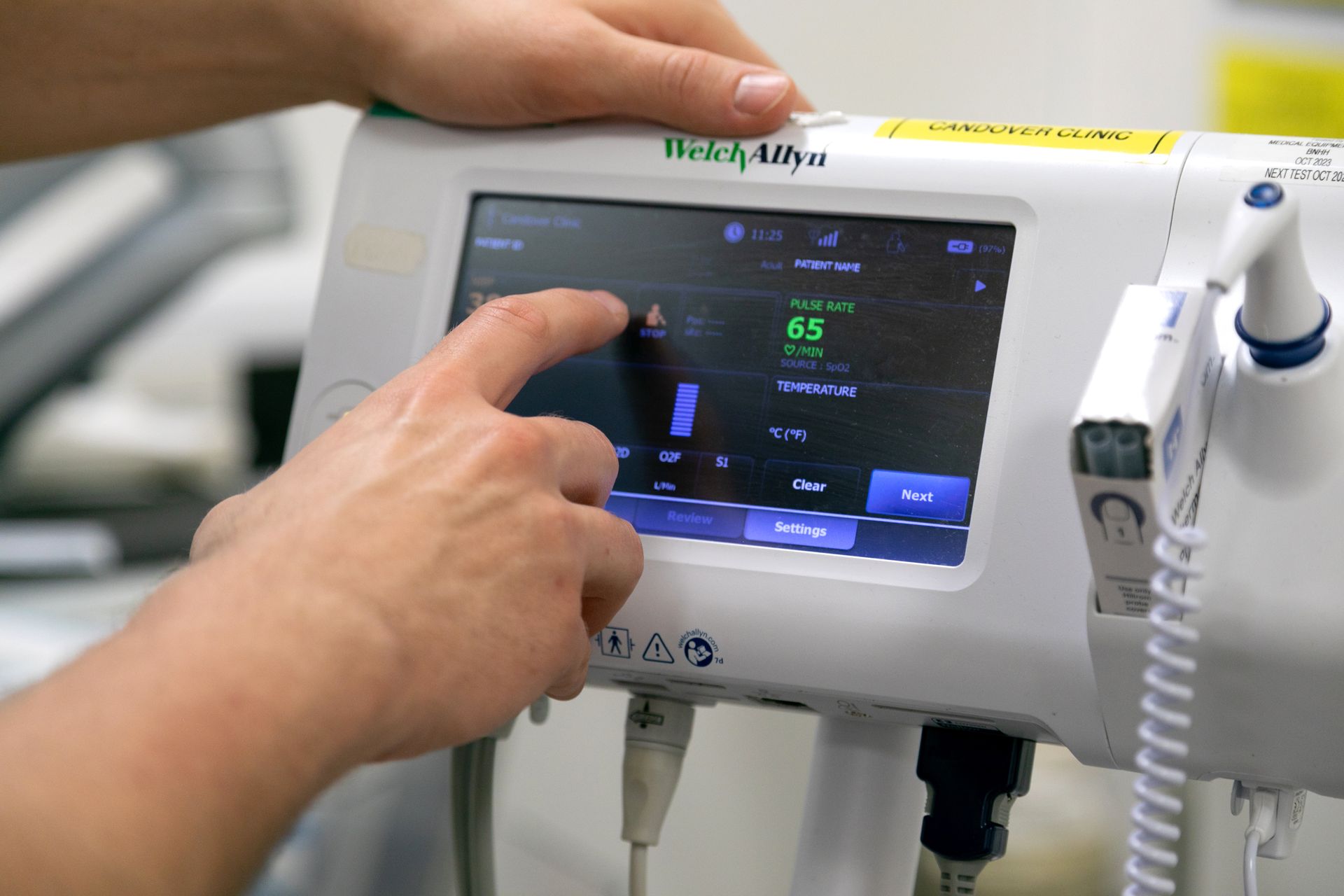Best Cardio Exercise for Heart Health

Top Cardio Exercises for Heart Health
Not all exercises provide the same benefits for cardiovascular health. Aerobic activities, in particular, stand out as the most effective for improving heart health. However, selecting the "best" cardio exercise depends on personal preference, ability, and age. Here are some of the top cardio exercises backed by scientific research:
1. Walking
Walking is a low-impact and accessible form of aerobic exercise. But how many steps per day are enough to improve longevity?
A study published in JAMA Network Open (2021) provides a clear answer: 7,000 steps a day.
Key findings:
- The study followed 2,110 adults (average age 45.2; 51.7% female) over 10.8 years.
- Participants taking over 7,000 steps daily had a significantly lower risk of death compared to those taking fewer steps (<7,000).
- Only 3.4% of participants (72 individuals) died during the study period.
- Step intensity (speed or effort) was not linked to mortality, underscoring the importance of total step count.
2. Cycling
Cycling—whether on the road or stationary—is another excellent cardiovascular exercise. A large study published in the British Medical Journal (2017) explored whether cycling to work could reduce the risk of heart disease and premature death.
Key findings:
- The study analyzed data from over 250,000 participants (mean age ~52, 52% female).
- Cycling as a mode of commuting was associated with a reduced risk of heart disease, cancer, and overall mortality.
- Walking to work also reduced cardiovascular risk, though cycling had broader benefits, including lower risks of cancer and all-cause mortality.
The researchers concluded:
"Cycle commuting was associated with a lower risk of cardiovascular disease, cancer, and all-cause mortality. Initiatives to encourage active commuting could significantly reduce deaths and chronic disease burdens."
https://www.bmj.com/content/357/bmj.j1456
3. Golf
Can playing golf benefit your heart? A study in BMJ Open Sport & Exercise Medicine (2022) says yes. Researchers compared three activities—Nordic walking, a 6 km walk, and an 18-hole golf game—and found golf offered unique cardiovascular benefits.
Key findings:
- Golf reduced blood glucose levels more effectively than walking or Nordic walking.
- Golf also improved cholesterol profiles, including a significant increase in high-density lipoproteins (HDL) and a reduction in triglycerides.
- Despite its lower intensity, the longer duration and energy expenditure of golf provided better cardiovascular outcomes for older adults (mean age ~68).
The authors concluded:
"Acute aerobic exercise improves cardiovascular health in older adults. Despite golf's lower intensity, its extended duration positively impacts glucose metabolism and lipid profiles."
https://bmjopensem.bmj.com/content/9/1/e001474
4. High-Intensity Interval Training (HIIT)
HIIT, characterized by short bursts of intense exercise followed by recovery periods, offers remarkable cardiovascular benefits, even for those with heart disease. A study published in the European Journal of Preventive Cardiology (2022) highlighted its effects on coronary plaque progression.
Key findings:
- The study involved 60 individuals with stable coronary artery disease undergoing percutaneous coronary intervention (PCI).
- Participants performed two supervised HIIT sessions weekly (85-95% max heart rate) over six months.
- The HIIT group saw significant reductions in both percent atheroma volume (p=0.017) and total atheroma volume (p=0.002).
The authors concluded:
"In patients with coronary artery disease, six months of supervised HIIT not only halted but also reversed atheroma progression. This suggests HIIT could be a powerful tool to counteract atherosclerosis after PCI."
https://pubmed.ncbi.nlm.nih.gov/36562212
===================================================================
Dr Bart, who is a private consultant cardiologist, offers private consultations at several prestigious clinics, including Sarum Road Hospital in Winchester, Candover Clinic in Basingstoke, Spire Clare Park Hospital in Farnham, and a London location. He frequently advises private cardiology patients seeking guidance on the primary prevention of cardiovascular disease and strategies to improve their heart health, including exercise.











